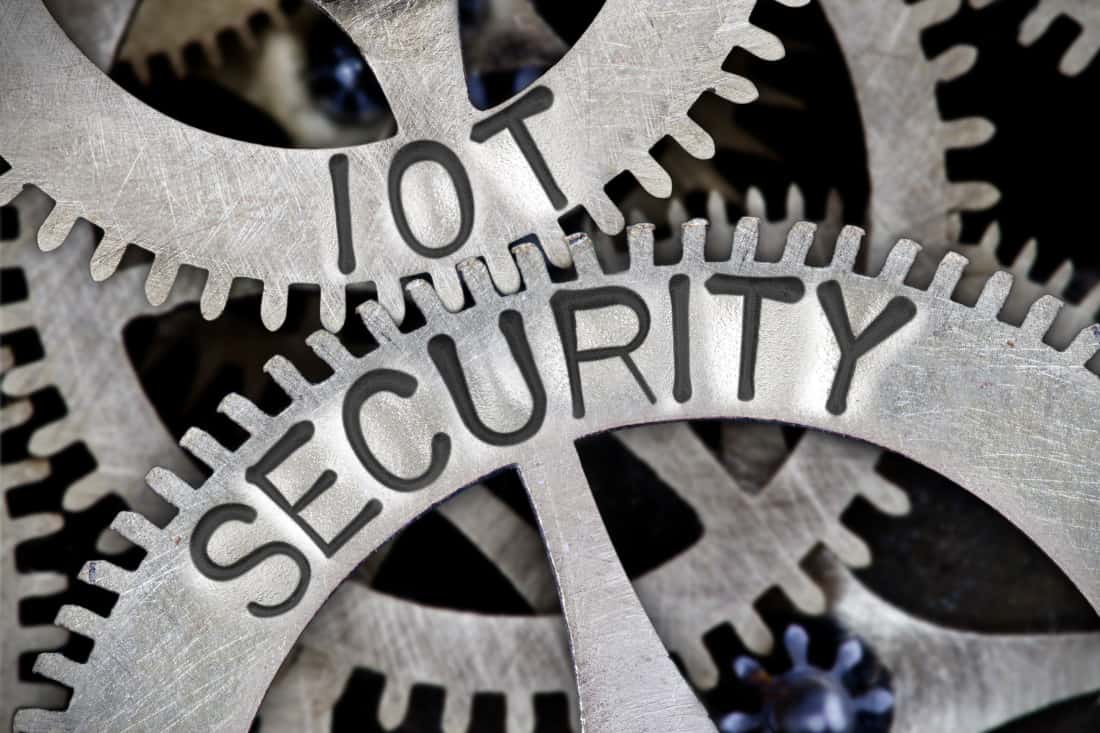AI Transforms but Will It Replace Cybersecurity? – Munio – Technologist
Augmenting the Future: How AI transforms but will it replace Cybersecurity?
In exploring the question of whether AI will replace cybersecurity as we know it today, it’s essential to consider the multifaceted relationship between artificial intelligence and the ever-evolving field of cybersecurity. The integration of AI into cybersecurity practices has been a significant development, poised to reshape the landscape of threat detection, response strategies, and security protocols. However, to fully grasp the implications of this integration, we must analyse it from various perspectives, including technological advancements, human roles, ethical considerations, and the adaptability of cyber threats.
Technological Advancements in AI and Cybersecurity
Artificial Intelligence (AI) has revolutionised countless industries with its ability to learn from data, identify patterns, and make decisions with minimal human intervention. In cybersecurity, AI’s capabilities are harnessed to automate complex processes for detecting and responding to threats more efficiently than traditional methods. Machine learning algorithms, a subset of AI, can analyse vast volumes of data to identify suspicious activities that might indicate a cyber attack, such as malware infections, phishing attempts, and unusual network traffic.
However, while AI can significantly enhance threat detection and response times, it is not a panacea. Cyber threats are continually evolving, with attackers constantly devising new methods to bypass security measures. This arms race between attackers and defenders in the cyber realm necessitates continuous updates and training of AI systems to recognise new threat patterns, indicating that AI alone cannot replace the entirety of cybersecurity as we know it.
The Role of Humans in Cybersecurity
The human element in cybersecurity remains indispensable. While AI can process and analyse data at an unprecedented scale, human expertise is crucial for interpreting the context of threats, making complex ethical decisions, and developing strategic security policies. The nuanced understanding of cybersecurity professionals about organizational contexts, attacker psychology, and the broader cybersecurity landscape cannot be fully replicated by AI.
Moreover, AI systems themselves can be targets of cyber attacks, including data poisoning and model evasion techniques, where attackers manipulate the input data or exploit weaknesses in the AI model. Defending against such sophisticated attacks requires human oversight, intuition, and creativity, underscoring the complementary relationship between AI and human cybersecurity professionals.
Ethical and Privacy Considerations
The integration of AI into cybersecurity raises significant ethical and privacy concerns. The use of AI for monitoring and analysing network traffic can inadvertently lead to the collection and analysis of personal data, raising questions about privacy rights and data protection. Ensuring that AI systems adhere to ethical guidelines and legal frameworks is crucial, necessitating human judgment and oversight.
Adaptability of Cyber Threats
Cyber threats are becoming increasingly sophisticated, leveraging AI and machine learning to carry out attacks that can learn and adapt to security measures. This escalation requires defenders to not only use AI in cybersecurity but also to anticipate and counter AI-driven attacks. The dynamic nature of cyber threats means that AI tools need to be continually adapted and updated, a process that requires human ingenuity and strategic thinking.
AI represents a transformative force in cybersecurity, offering powerful tools for enhancing threat detection and response. However, rather than replacing cybersecurity as we know it, AI is better understood as a critical component within a broader ecosystem of cybersecurity practices. The complexity and adaptability of cyber threats, combined with the indispensable role of human expertise and ethical considerations, mean that AI will augment rather than replace the human-centric aspects of cybersecurity.
The future of cybersecurity lies in a symbiotic relationship between AI and human expertise, where each complements the strengths and addresses the weaknesses of the other. As technologies continue to evolve, so too will the strategies and practices of cybersecurity, in a continuous effort to defend against and mitigate the impact of cyber threats in our increasingly digital world.
Find out more regarding Ai and Cybersecurity. Tel: 01795 383 383 (South East) | 0208 070 0070 (London)


